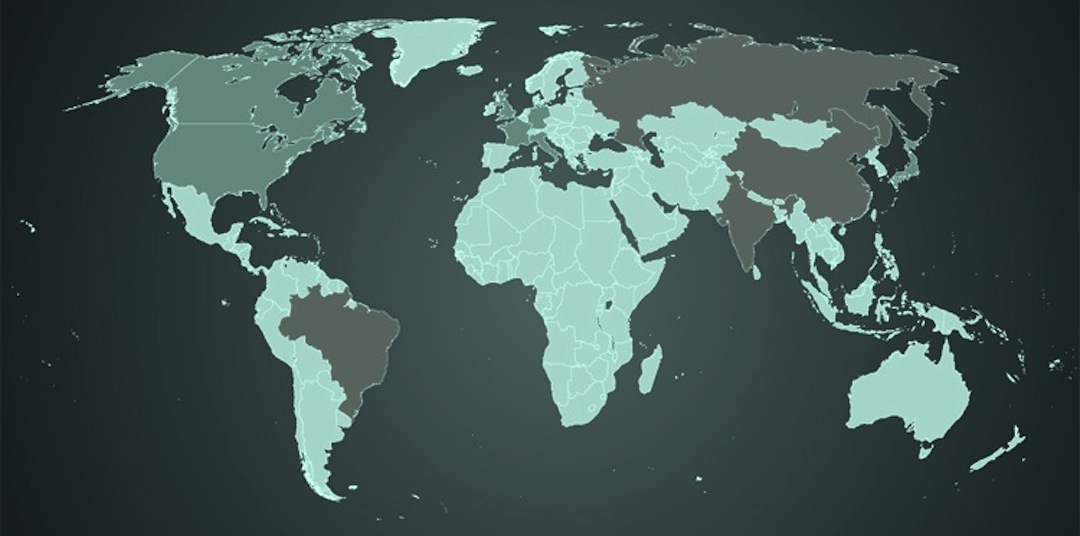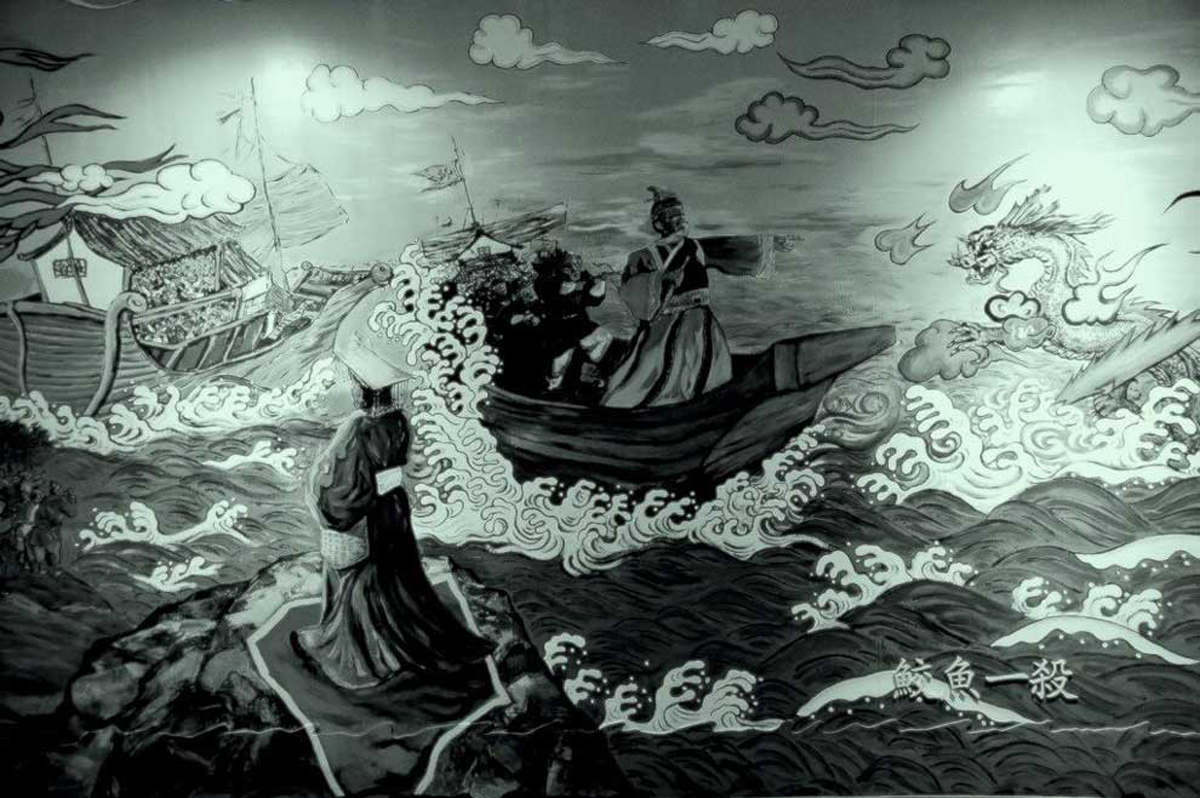The United States engagement with its Latin American neighbours over the past century has been a catalogue of failure, culminating in China filling the vacuum. After initial support in the 19th Century for Latin America’s independence from former European colonial powers, known as the Monroe Doctrine, the United States rapidly moved from defender of post colonial freedom to an aider and abetter of some of the worst dictatorships since the fall of Nazi Germany. The United States grossly misread the situation in Cuba in 1959 and rather than back a overtly democratic overthrow of a brutal dictator the Cubans were pushed into the arms of the Soviet Union and rest is history.
The phrase “He’s a bastard, but he’s our bastard” attributed to a number of United States Presidents, in reference to Somoza family dictatorship that bled Nicaragua dry for three generations, sums up State Department attitudes to Latin America during the Cold War period; it was better to have Argentine soldiers throwing drugged school teachers from airplanes into the Atlantic than let even mild Social Democracy take root in one of the most mineral rich regions on earth. Right up until the “official end” of the Cold War, illegal and counter productive interference was the order of the day as we saw in Central America with the Iran Contra scandal and the “War on Drugs” that resulted in the deaths of hundreds of thousands in Colombia while doing nothing to reduce demand in the US, which was the root problem. The message has be made clear, over and over, “do as you’re told or face the consequences” or as Henry Kissinger succinctly put it talking about support for the Pinochet coup in Chile “I don’t see why we need to stand by and watch a country go communist due to the irresponsibility of its people. The issues are much too important for the Chilean voters to be left to decide for themselves.”
Since restoration of directly elected government in 1989, and for much of the 20th Century, Brasil has maintained a non-aligned foreign policy, supporting & encouraging a multipolar world order, beneficial to its own interests. The formalisation of the BRICS trade bloc in 2009 further projected Itamaraty Palace’s (the Brazilian State Dept) worldview.
Right now, the prospect of South American integration, bankrolled by the Chinese, looks like a nightmare for the United States. An announcement of $53bn USD investment for Brasil has brought the knives out. With Brasil long coveting a permanent seat on the UN Security Council, there has been a refusal from the U.S. to accept its southern cousin’s emergence as a global power, not least for its relationship with China, Mercosul consolidation and other such challenges to the United States’ previous hegemonic order in the Americas.
The root of China’s sudden insertion into Latin America, and most notably Brasil, stems from a comprehensive rejection of the Free Trade Area of the Americas (FTAA) in Mar del Plata, Argentina in November 2005. In the midst of the post-Iraq War insurgency, President George W. Bush presented Latin American leaders with yet another one sided trade deal. Overshadowed by the usual blustering from Venezuelan President Hugo Chávez, the Presidents of Brasil, Luiz Inácio Lula da Silva and Argentina, Néstor Kirchner asserted their countries’ rational self-interest by refusing to sign any deal that did not include the United States removing unfair agriculture subsidies that limited the two agricultural powerhouses’ free access to the U.S. market. To message was clear, no more double standards, not more bending the knee. The myth that all free trade is good is a classic example of theory over practice. The U.S. has and had every right to offer one-sided trade deals, but in a multipolar world no one is obliged to accept them anymore.
Yet at this moment the world (especially the non-aligned world) faces a significant economic and democratic threat from conclusion of the TPP & TTIP treaties – from which the BRICS are conspicuous in their absence to say the least.

Anglophone media perspective on the prospect of a shift towards such a multipolar order is usually predicated on the falsehood that this is automatically a threat, rather than opportunity for stability and prosperity. BRICS early insistence that the world required a new, stable, predictable global reserve currency was received as good news for everyone but the dollar itself.
There is also an assertion from some quarters that acceptance of investment from BRICS partner China is some kind of moral failure, and this must be scrutinised when only one nation has a stated pursuit of a unipolar world, through the marginalisation, isolation, division & elimination of its competitors. Clue: it isn’t China.
The contradiction by those advocating the full privatisation of Petrobras also complaining about Chinese investment in infrastructure is ideologically transparent, and the hysteria at home and abroad about Brasil “siding with Cold War enemies”, exposes standpoint of those who still ascertain that history ended/began in 1989, and that any hegemonic interference prior was just an anomaly of a bygone era. The geopolitical background to what was “The Cold War” is still very much alive, and Brasil is far more involved now than it was in the early 1960s.
There has been evident narrative shaping when it comes to BRICS and specifically Sino-Brazilian relations. Their “pink wave” of Centre-Left and Left governments in Latin America has been belittled as purely the result of a China-fuelled commodities boom. Brasil is frequently bracketed with “bad left” Venezuela, with successful and globally praised social programmes such as Fome Zero, Bolsa Familia and Minha Casa Minha Vida dismissed as “Populism”.
At the same time, Northern fingers point to slight improvements in raw GDP growth amongst more Washington-Consensus compliant, Centre-Right governed LatAm countries, while other more tangible measures of social progress are excluded. Meanwhile, Bolivia’s huge GDP growth, which goes against narrative, is also ignored. This also begs the same question Western economies are now asking themselves “Growth, but for whom?” As we saw with Brasil’s “Economic Miracle” in 1970s and in the United States today; it is perfectly possible to have solid economic growth but if that growth is going to a small elite at the top what is the point?
Announcement of the investment in a new freight train network to Peru, a ‘little engine that could’ that will link the Atlantic & Pacific, received a mixed reception on Right and Left. Chinese interest in Brasil was equated in some quarters with U.S. Imperialism and 2nd Class money from others. Some criticism also belied an unpleasant Sinophobia, racism & a fresh manifestation of Viralatismo. And so we’re brought back to the age-old duel between those who want Brasil to develop, those externally who do not, or those internally who simply want their little corner of it improved, and to hell with the rest.
The attempts to underplay the importance of this Brasil-China trade deal, both internally & externally, shows wilful blindness to a changed world.
[qpp]

